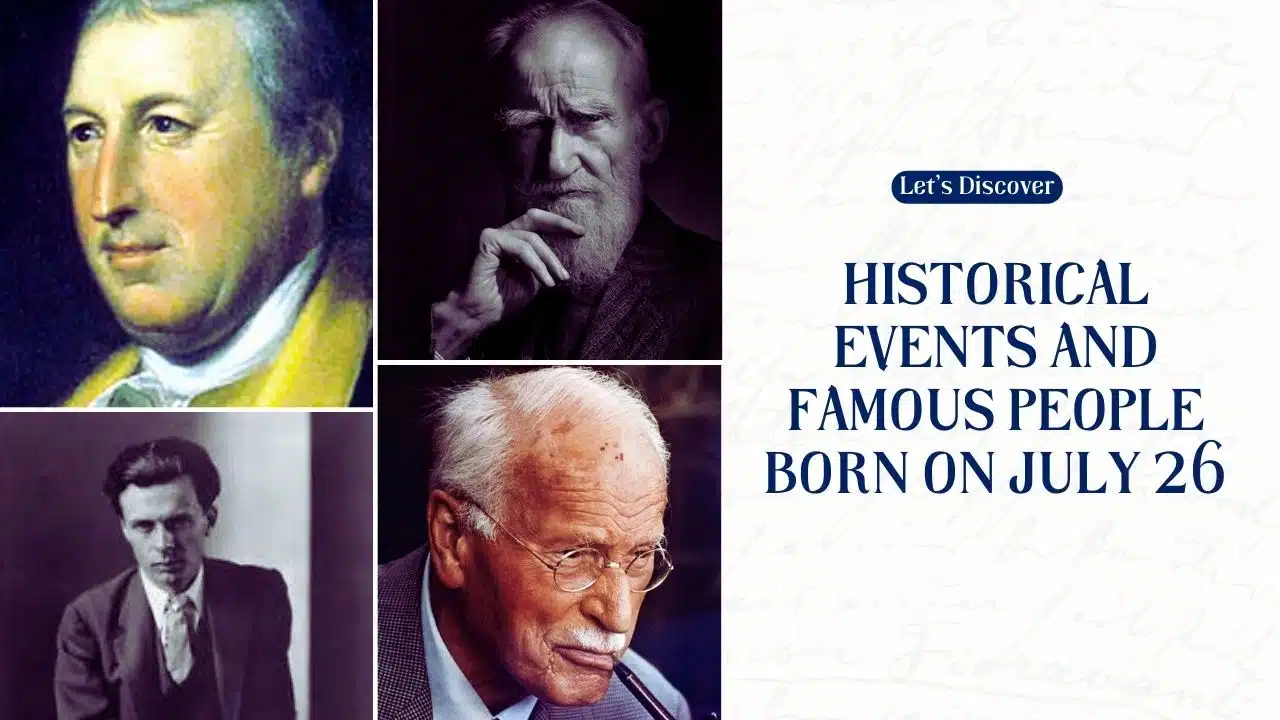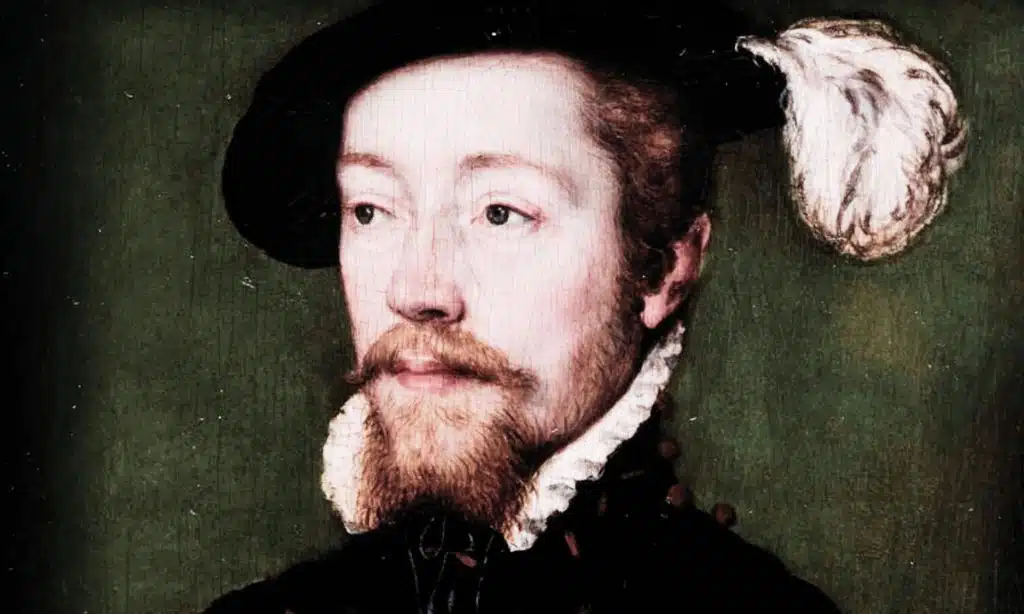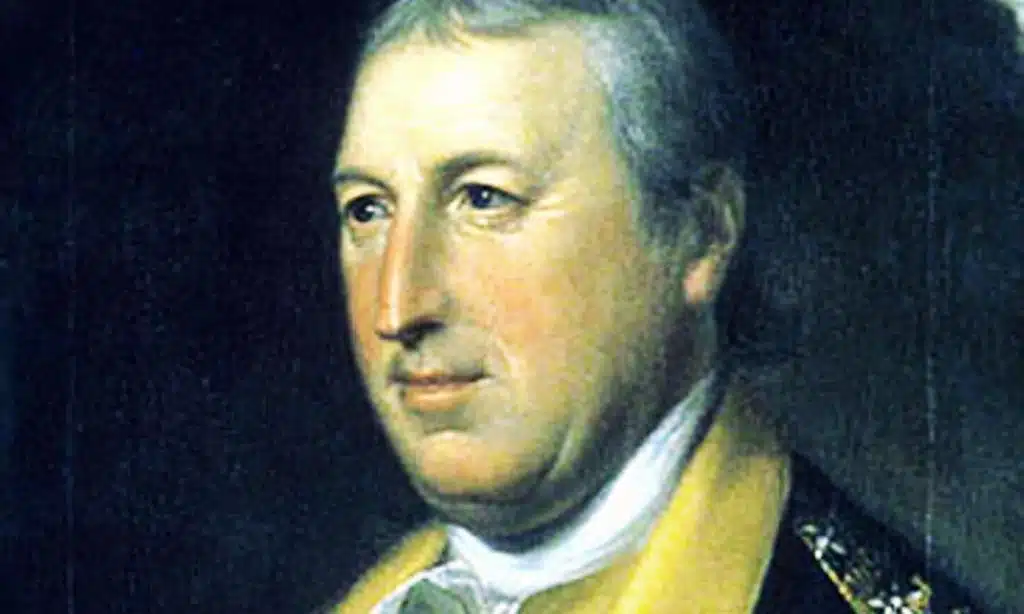July 26 is a day that has seen many important events in history. It’s also the birthday of some very famous and influential people. From explorers and kings to writers and thinkers, this day has shaped the world in many ways. Let’s look at some big events that happened on July 26 and learn about the important people born on this day. We’ll see how July 26 has changed the world through conquests, political statements, and the work of great minds.
Historical Events of July 26
Pizarro Receives Royal Charter (1519)
On July 26, 1519, Francisco Pizarro got a special document called a royal charter. This paper gave him permission to explore the west coast of South America. Pizarro was a Spanish explorer who wanted to find new lands and riches.
The royal charter was very important. It meant that the King of Spain supported Pizarro’s plans. This support gave Pizarro the power and money he needed for his trips.
Pizarro’s explorations changed South America forever. He led the Spanish conquest of the Inca Empire, which was one of the biggest and richest empires in the Americas. This conquest brought new people, languages, and ways of life to South America. It also led to the fall of the Inca civilization and the start of Spanish rule in the region.
James V Declared Fit to Govern (1524)
On July 26, 1524, the Scottish Parliament said that James V was old enough to rule Scotland. James was only 12 years old at the time. This was a big deal because usually, kings were much older when they started to rule.
Having such a young king could be risky. Young rulers might not know enough to make good choices for their country. But the Scottish Parliament thought James was ready.
James V went on to rule Scotland for many years. He worked to make Scotland stronger and richer. He also had conflicts with England and the Catholic Church. His rule shaped Scottish history and politics for a long time.
Death of Atahualpa (1533)
On July 26, 1533, Francisco Pizarro ordered the death of Atahualpa, the last emperor of the Inca Empire. Atahualpa was the most powerful ruler in South America when the Spanish arrived.
Pizarro and his men had captured Atahualpa earlier. They held him for ransom, asking for rooms full of gold and silver. Even after getting the ransom, Pizarro decided to kill Atahualpa.
The death of Atahualpa was the end of the Inca Empire. It marked the start of Spanish control over the Inca lands. This change affected millions of people in South America. It led to big changes in how people lived, what they believed, and what languages they spoke.
Dutch Act of Abjuration (1581)
On July 26, 1581, seven Dutch provinces signed an important document called the Act of Abjuration. This paper said that they no longer accepted the Spanish king, Philip II, as their ruler.
The Dutch people were unhappy with Spanish rule. They didn’t like the high taxes and religious rules the Spanish imposed. The Act of Abjuration was their way of saying they wanted to be free.
This act was a lot like the American Declaration of Independence, which came almost 200 years later. Both documents said that people have the right to choose their own government. The Act of Abjuration led to the Dutch War of Independence and the creation of the Netherlands as a free country.
Rembrandt Declares Insolvency (1656)
On July 26, 1656, the famous Dutch painter Rembrandt van Rijn said he had no money left. This is called being insolvent. Rembrandt had spent too much money on art and rare items.
Before this, Rembrandt was very successful and made a lot of money from his paintings. But he lived like he was very rich and bought many expensive things. When he ran out of money, he had to sell his house and belongings.
Even though this was a hard time for Rembrandt, it led to some of his best work. After losing his money, Rembrandt made some of his most creative and experimental paintings. These later works are now seen as some of the best art ever made.
Famous Birthdays on July 26
Horatio Gates (1727-1806)
Horatio Gates was born on July 26, 1727, in England. He became a soldier and fought in the American Revolutionary War. Gates was a general in the Continental Army, which fought for American independence.
Gates is most famous for winning the Battle of Saratoga in 1777. This was a very important victory for the Americans. But later, Gates lost some big battles and was removed from his command.
Some people think Gates tried to take George Washington’s job as the leader of the army. This made him unpopular with many other leaders. After the war, Gates freed his slaves and spoke out against slavery.
Here’s a short biography table for Horatio Gates:
| Fact | Information |
|---|---|
| Born | July 26, 1727 |
| Birthplace | Maldon, England |
| Died | April 10, 1806 |
| Known for | General in the Continental Army |
| Major achievement | Victory at the Battle of Saratoga |
George Clinton (1739-1812)
George Clinton was born on July 26, 1739, in New York. He was a soldier in the American Revolutionary War and later became a politician. Clinton was the first Governor of New York and served for many years.
Clinton helped write the United States Constitution. He didn’t agree with all parts of it, but he supported it in the end. Later, Clinton became the fourth Vice President of the United States. He served under two presidents: Thomas Jefferson and James Madison.
Clinton was known for his strong support of states’ rights. This means he thought states should have more power than the federal government. His ideas influenced American politics for many years.
Here’s a short biography table for George Clinton:
| Fact | Information |
|---|---|
| Born | July 26, 1739 |
| Birthplace | Little Britain, New York |
| Died | April 20, 1812 |
| Known for | Governor of New York, US Vice President |
| Major achievements | First Governor of New York, Fourth US Vice President |
George Bernard Shaw (1856-1950)
George Bernard Shaw was born on July 26, 1856, in Dublin, Ireland. He became one of the most famous writers in the world. Shaw wrote many plays that are still performed today.
Shaw’s plays often talked about social problems and made people think about important issues. One of his most famous plays is “Pygmalion,” which was later turned into the musical “My Fair Lady.”
In 1925, Shaw won the Nobel Prize for Literature. This is one of the highest honors a writer can receive. Shaw’s works continue to influence writers and thinkers today. He is known for his wit, his criticism of society, and his ideas about how to make the world better.
Here’s a short biography table for George Bernard Shaw:
| Fact | Information |
|---|---|
| Born | July 26, 1856 |
| Birthplace | Dublin, Ireland |
| Died | November 2, 1950 |
| Known for | Playwright, critic, political activist |
| Major achievements | Nobel Prize in Literature, “Pygmalion |
Carl Jung (1875-1961)
Carl Jung was born on July 26, 1875, in Switzerland. He became one of the most important thinkers in the field of psychology. Jung created a new way of understanding the human mind called analytical psychology.
Jung came up with many ideas that are still used today. He talked about things like the collective unconscious, which he thought was a part of the mind that all humans share. He also created the ideas of introverts and extroverts, which are ways of describing different personality types.
Jung’s work has influenced many areas beyond psychology. His ideas have been used in literature, art, and even in understanding different cultures. Many people still study and use Jung’s theories today.
Here’s a short biography table for Carl Jung:
| Fact | Information |
|---|---|
| Born | July 26, 1875 |
| Birthplace | Kesswil, Switzerland |
| Died | June 6, 1961 |
| Known for | Founder of analytical psychology |
| Major contributions | Theories of collective unconscious, personality types |
Aldous Huxley (1894-1963)
Aldous Huxley was born on July 26, 1894, in England. He became a famous writer known for his novels, essays, and poems. Huxley’s most famous book is “Brave New World,” which imagines a future world with advanced technology but many social problems.
Huxley wrote about many different topics. He was interested in science, philosophy, and spirituality. His books often made people think about big questions about life and society.
Later in his life, Huxley became interested in mind-altering substances and wrote about his experiences with them. His work continues to be read and studied today, especially for its insights into society and human nature.
Here’s a short biography table for Aldous Huxley:
| Fact | Information |
|---|---|
| Born | July 26, 1894 |
| Birthplace | Godalming, Surrey, England |
| Died | November 22, 1963 |
| Known for | Novelist, essayist, philosopher |
| Major works | “Brave New World,” “The Doors of Perception” |
Connecting the Dots: Themes and Patterns
When we look at the events and people of July 26, we can see some common themes. Many of these events and people were about big changes and new ideas. Pizarro’s charter and the death of Atahualpa led to huge changes in South America. The Dutch Act of Abjuration was about people wanting freedom and new forms of government.
The people born on this day also brought big changes to the world. Gates and Clinton helped shape the new United States. Shaw, Jung, and Huxley all had new ideas that changed how people think about society, the mind, and the future.
Takeaway
July 26 is a day that has seen many important events and the birth of influential people. From explorers and leaders to writers and thinkers, this day has left a big mark on history. The events and people of July 26 show us how single days can shape the course of history and human thought.
References:
- “Francisco Pizarro and the Conquest of the Inca” by William H. Prescott
- “James V: The Personal Rule” by Jamie Cameron
- “The Last Days of the Incas” by Kim MacQuarrie
- “The Dutch Republic: Its Rise, Greatness, and Fall” by Jonathan Israel
- “Rembrandt’s Universe: His Art, His Life, His World” by Gary Schwartz
- “The Life of Horatio Gates” by Paul David Nelson
- “George Clinton: Yeoman Politician of the New Republic” by John P. Kaminski
- “Bernard Shaw: A Life” by A. M. Gibbs
- “Jung: A Biography” by Deirdre Bair
- “Aldous Huxley: A Biography” by Sybille Bedford



































